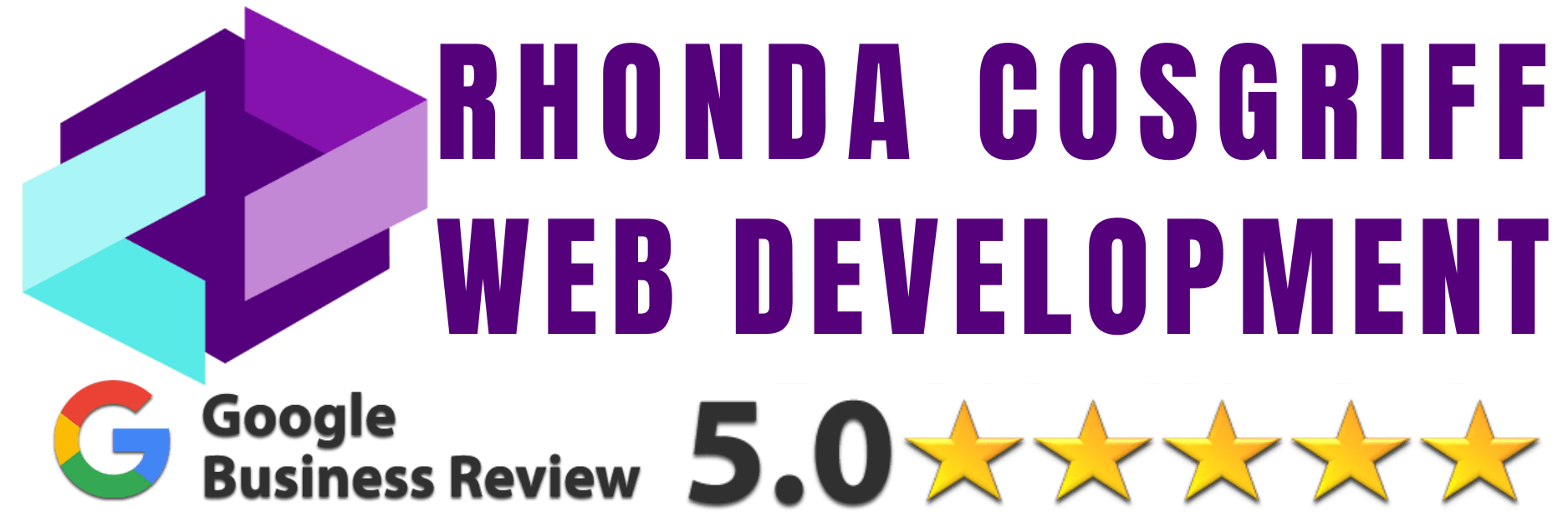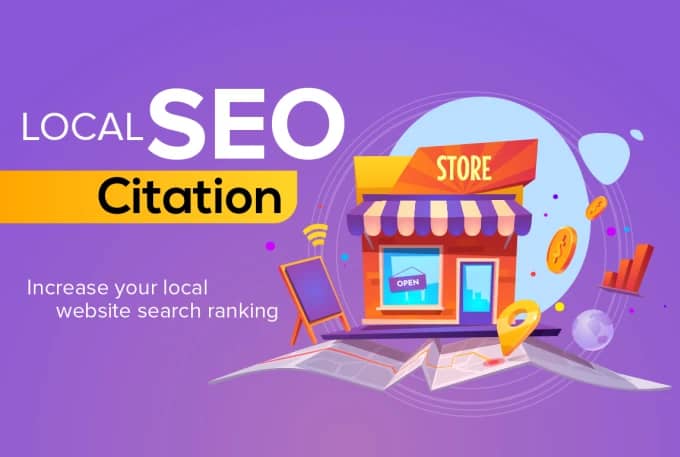Email Marketing for B2B Websites: Nurturing Leads and Driving Business Success
Email marketing remains a powerful tool for B2B (Business-to-Business) websites to nurture leads, build relationships, and drive business success. An effective email marketing strategy allows B2B companies to stay engaged with their audience, deliver valuable content, and convert prospects into loyal clients. In this article, we will explore essential email marketing strategies for B2B websites.
1. Segmentation and Personalization
Segment your email list based on factors such as industry, job role, and interests. Personalize your email content to cater to the specific needs and preferences of each segment. Address recipients by name and tailor the content to provide relevant and valuable information.
2. Educational Content and Thought Leadership
Deliver educational and thought-provoking content in your emails. Offer insights, industry trends, and actionable tips that showcase your B2B website’s expertise and thought leadership. Content that adds value to your recipients’ professional lives fosters engagement and trust.
3. Lead Nurturing Campaigns
Develop lead nurturing campaigns that guide prospects through the sales funnel. Send a series of targeted emails that address different stages of the buyer’s journey. Provide valuable content at each stage to help prospects make informed decisions.
4. Automated Workflows
Set up automated email workflows to streamline your email marketing efforts. Create workflows for welcome emails, lead nurturing, onboarding, and post-purchase follow-ups. Automation saves time and ensures timely and relevant communication with your audience.
5. Promotional Emails
Occasionally send promotional emails to highlight new product launches, exclusive offers, or upcoming webinars and events. Balance promotional content with educational content to avoid overwhelming your audience with sales-focused emails.
6. Event Invitations
Invite prospects and clients to industry events, webinars, workshops, or conferences. Events offer opportunities to network, showcase your expertise, and connect with potential customers in a more personal setting.
7. Customer Testimonials and Case Studies
Share customer testimonials and case studies in your emails to build credibility and social proof. Highlight the success stories of your satisfied clients, demonstrating the value of your products or services.
8. Responsive Design
Ensure your emails are mobile-friendly and responsive to various devices. Many professionals access their emails on mobile devices, and a responsive design enhances the user experience and engagement.
9. Clear Call-to-Action (CTA)
Include a clear and compelling call-to-action in your emails. Direct recipients to take the desired action, such as visiting your B2B website, downloading a resource, or scheduling a demo. Make the CTA stand out to drive conversions.
Conclusion
Email marketing is a vital component of a successful B2B website’s digital marketing strategy. By segmenting and personalizing emails, delivering educational content, and nurturing leads through automated workflows, B2B companies can build meaningful relationships with their audience. Leverage promotional emails, event invitations, and customer testimonials to enhance engagement and drive conversions. Adopt a responsive design and include clear CTAs to optimize the user experience and encourage action. With a well-executed email marketing approach, your B2B website can nurture leads effectively, foster customer loyalty, and achieve long-term business success.










